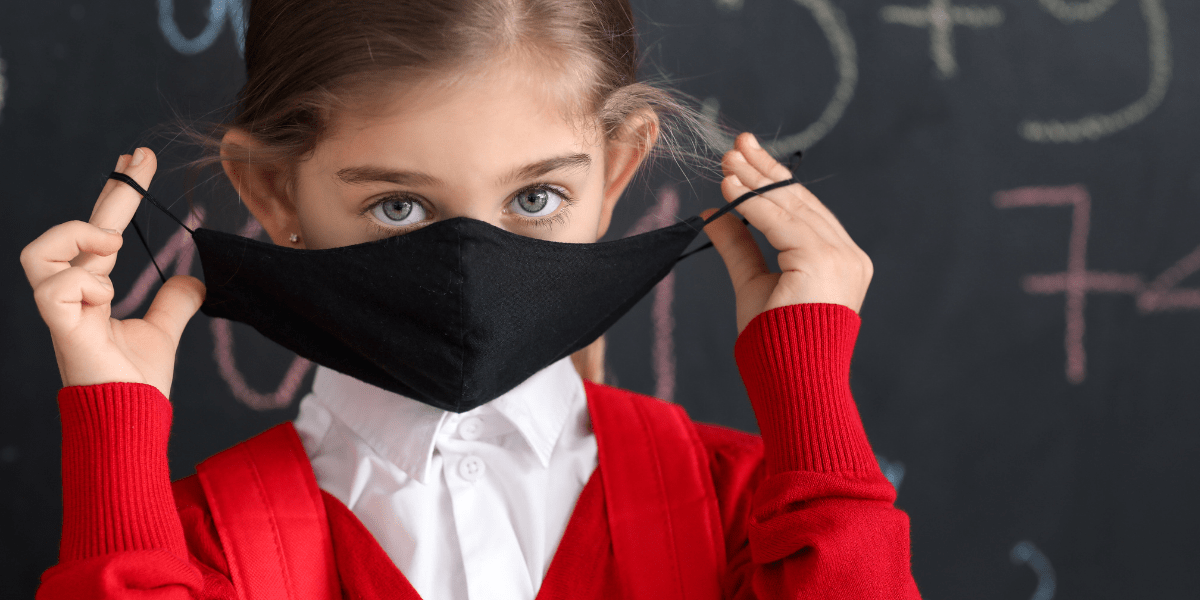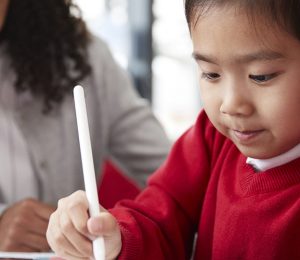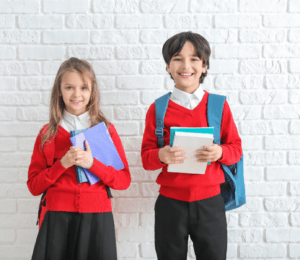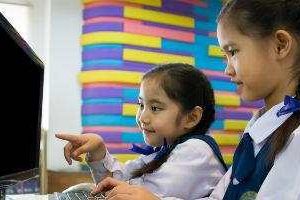The numbers of COVID-19 cases continue to rise in Ontario and as our kids head to school every day—in-person or online—most parents are continually asking ourselves how we can make it a safer environment for our children.
And while we often look to other school boards, other cities, and other provinces to see what measures we might adopt, we should consider looking in a completely different direction—to the private schools located across the country.
Granted, a lot of these schools have a lot of money to invest in safety measures. Bialik Hebrew Day School, a private Jewish elementary school in Toronto, told CTV News that they have spent “well into the six figures” on safety measures to protect their students and teachers, according to Benjy Cohen the head of school.
But that doesn’t mean there aren’t some innovative takeaways that we may be able to use in different ways to keep all our kids safe.
Let’s take a look at some of the COVID-19 measures that private schools across the country are putting in place.
Smaller class sizes
This is a no-brainer that Toronto teacher’s unions have been pushing for years. With caps on class sizes closer to 15-22 students at most private schools, they are already doing more to keep social bubbles small and ensure effective physical distancing is happening in the classroom. Olivet School, a Toronto private school, has capped classes at only 8 students.
Additional custodial staff
Many private schools across the country have hired additional custodial staff to help manage the need to sanitize and clean classrooms, bathrooms, hallways, and other common areas more frequently. This allows them to add in additional cleaning throughout the day and ensure that the school is deep-cleaned at the end of every day.
Full-time nurses
Some private schools have hired full-time nurses to check students who show any symptoms of COVID-19. On-site nurses also help with temperature checks at the beginning of the school day. Some private schools, like The Laurel School, conduct a full health screening for each student, teacher, and person who enters the school.
Outdoor classrooms
At Strathcona-Tweedsmuir School, a private school just south of Calgary, six large tents have been set up outside to provide outdoor classrooms. They are furnished just like any other classroom and are cleaned every night. While tents and heating systems might be out of reach, outdoor “classrooms” when the weather is favourable are a great temporary solution.
Plexiglass barriers
Whether they are plexiglass barriers being installed on every desk, or portable plexiglass trifold barriers that can be carried from class to class, private schools are finding ways to create safe spaces for kids to study while they are in the classroom.
Ensure HVAC systems are up-to-date
While some private schools are going as far as installing new air purifying systems that are said to fight the spread of COVID-19—like the bipolar ionization technology—other private schools are ensuring their HVAC systems are up to snuff. They are also committing to changing the filters more often to ensure optimal air quality throughout the school.
Dedicated isolation rooms
This is something that all schools should be able to achieve, regardless of budget. Private schools are setting up isolation rooms—rooms where students who show symptoms can safely wait to be picked up. These rooms are deep-cleaned after each use.
At the end of August, the federal government allocated $2 billion in funding to help schools reopen safely. This money was used for more PPE and hand sanitizer, to adapt classrooms for physical distancing, and to improve air ventilation systems.
But experts say it would take billions more to match the steps taken by some private schools. While we may not be able to implement these measures in public schools across the country, we can use these protocols as a guide to what we might be able to do in the future.




